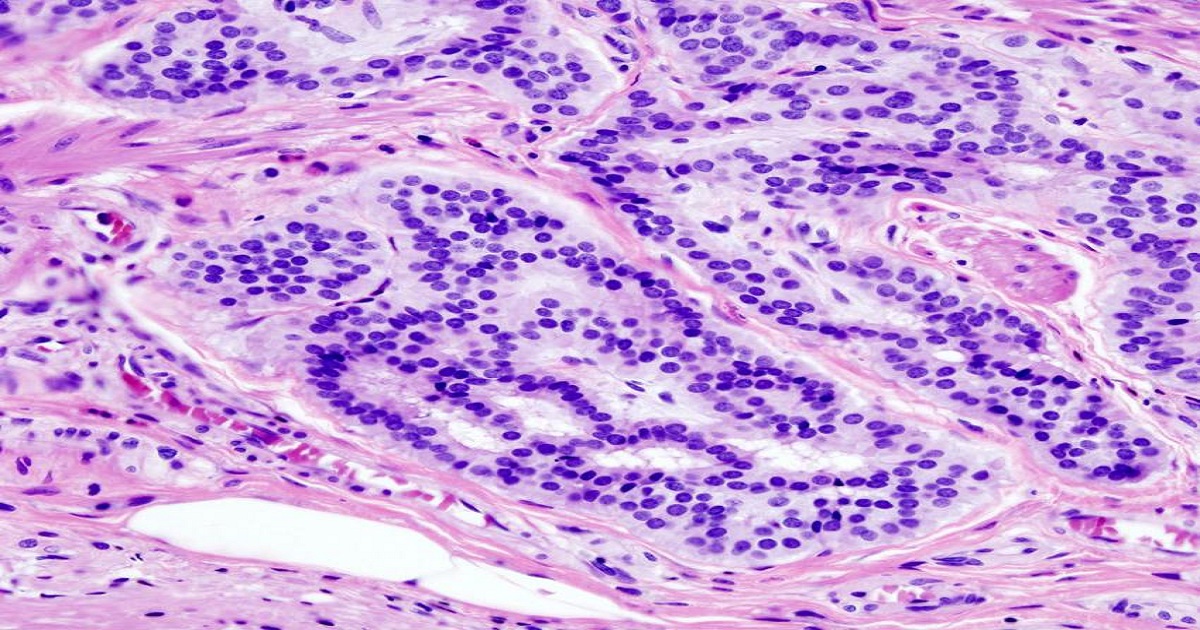Researchers develop personalized medicine tool for inherited colorectal cancer syndrome
Medical Xpress | December 10, 2018

An international team of researchers led by Huntsman Cancer Institute (HCI) at the University of Utah (U of U) has developed, calibrated, and validated a novel tool for identifying the genetic changes in Lynch syndrome genes that are likely to be responsible for causing symptoms of the disease. The results were published this week in the journal Genetics in Medicine. Lynch syndrome is a hereditary condition that results in higher rates of colon, endometrial, and other cancers. If unmanaged, individuals with Lynch syndrome have a 75 percent lifetime risk of developing colorectal cancer. It is believed that approximately five percent of all colorectal cancer cases are associated with this syndrome.
Millions of distinct changes are possible in genes that control health, and it is a massive undertaking to identify which specific changes are associated with developing the disease. Some genetic changes are believed to have no impact at all, while others carry significant risk. Researchers at Huntsman Cancer Institute work to understand and classify which gene changes are likeliest to cause disease, as well as to identify appropriate strategies to help manage disease risk.